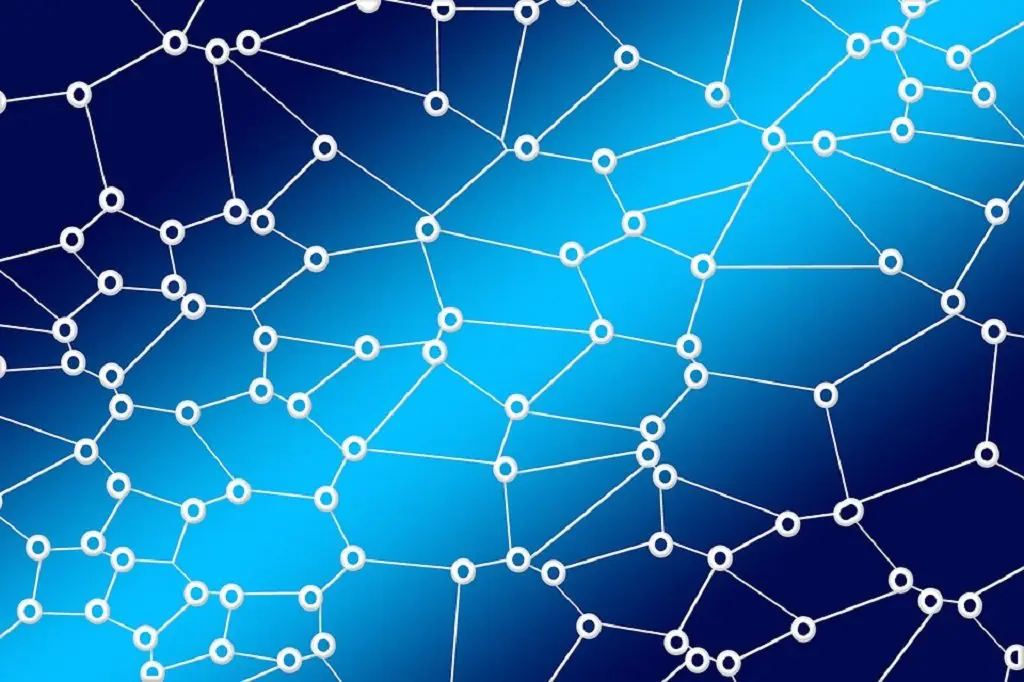The original purpose of the Internet
The internet was originally created for everyone to become a common neutral platform, with equal participation and to bring people closer together. In the early days, the world wide web allowed you to connect directly with your friends and communicate in various ways. With the advent of web 2.0 and the first dot com bubble, we began to communicate with each other and share information through centralised services. Large corporations (such as Google, Facebook, etc.) realised that the largest revenue gained from leading the market delivering these services involved gathering, organising, and monetising information through a central server. Therefore it became the best practice for companies to build their value by growing huge centralised services on the internet to control this data. Important systems that the Internet is heavily dependant upon such as the Domain name system and the certificate authority system and also services provided by large corporations such as Google, Facebook and Amazon represent a large percentage of internet traffic and also a large percentage of advertising on the internet.
There is a good chance that you will be using one of these services such as Facebook, or a service owned by Google or Amazon so you would rely heavily upon these corporations to access your own information. This information is your information so just like your money and ID card in your wallet. If you do not have full control over it, then how do you know it is fully secure or not shared with anyone else. This information is better under your control than with someone else. The control these companies have over our information and what is made available to us is unfair and a decentralised web will help people take back control over their information, identity and data.
What is Decentralisation?
Internet Decentralisation is a concept that will be introduced with the new and improved Web version 3.0. Web-version 3.0 will create a world where services such as communication, banking, sharing information, social networking, data storage, software solutions, etc. are provided not by centralised services owned by single organisations (such as Google or Facebook), but by technology powered by individual users.
In this sense, the internet becomes a “true democracy” where there will be no leaders that control what information is seen or accessed.. Rather than putting your faith into these powerful companies, users own their own data and share responsibility for services in a peer-to-peer distributed network. Information is run on servers across client-side apps or on multiple federated servers. Users of a decentralised web own and control how their information is used and shared. Encrypted data accessed through personal private keys keeps information secure and anonymous until the user decides if and who to release it to. Personal information can be entered but can not be extracted.
How does it work
A decentralised web relies on a host of computers joined together in order to work as a team to perform a specific task on the network. This concept is referred to as block-chain technology and often found on a Peer to Peer P2P network.
What is blockchain technology? Blockchain is a constantly growing chain of ordered information (i.e. blocks). This chain of blocks keeps a record of all data exchanges. The exchange is referred to as a “ledger” and all blocks will have a timestamp and a link to the previous block. The great thing about these blocks is they’re built in such a way that they cannot be modified once they’ve been recorded. What this means is that once information is there, it stays there and you can’t go back in and manipulate it. For this reason, blockchains are secure by design. This is because the information is not only timestamped, it’s also stored in such a way that you’d have to get into every single computer at the same time, to hack into the network.
Because centralised networks have a single point of data collection, they’re extremely susceptible to hacking. Block-chain technology, and in turn decentralisation, is an effective way to work around this weakness. So, storing information on a peer-to-peer network is the best solution in terms of security.
Centralized platforms certainly have their time and place and will certainly be a hard press for people to move away from. Platforms such as Facebook and various Google and Amazon services, benefit society and individuals greatly but all it will take is a new, well thought out, decentralised equivalent that will take over. Block-chain, and decentralised (peer-to-peer) networks are poised to become the biggest thing since sliced bread. The decentralised internet will eventually be such an improvement over the version we have now, it will become more stable and accepted as the preferred environment across the next decade.
We’re still a long way off reaching a decentralised web, but the popularity of the concept is becoming increasingly apparent. As the problems of centralisation become more obvious, it’s likely that we’ll start hearing more about the topic in the near future.

